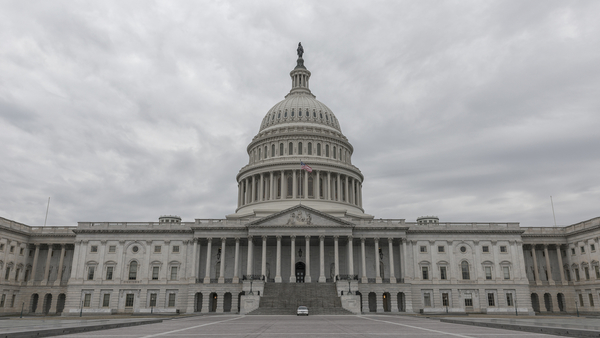
Credit unions must be permitted to evolve, and that evolution should not endanger their tax exemption, CUNA President Jim Nussle said this week, in a letter to Senate Finance Chairman Orrin Hatch (R-Utah).
Hatch recently wrote a letter to NCUA Chairman Mark McWatters saying he is concerned that credit unions have evolved into institutions that may not deserve their tax exemption.
“It is perfectly acceptable for credit unions to evolve – the whole financial services industry looks different than it did in 1934,” Nussle wrote. “Credit unions need to remain relevant to consumers in order to fulfill their mission, and they’re working to remain relevant within a charter that is overly restrictive and burdensome.”
Hatch said that the NCUA has relaxed field-of-membership constraints, opened the door to the use of alternative capital and lifted limits on business lending.
Since Hatch wrote the letter, CUNA and NAFCU have sent the senator information making the case for continuation of the tax exemption.
The Finance Committee helps write tax legislation and there were no changes to the tax exemption in that legislation, But Congress may consider a so-called “technical corrections” bill this year.
“Over the years, NCUA, like the bank and thrift regulators, has on occasion amended its regulations to permit credit unions more flexibility to serve their members better,” Nussle wrote. “While NCUA has made incremental changes to the list of permissible activities for credit unions, Congress has not considered any comprehensive modernization of the Federal Credit Union Act in over 80 years.”
Nussle told Hatch that credit unions continue to operate as democratically controlled mutual institutions and do not have customers and shareholders with competing interests.
He added that credit unions are offering new products and service to respond to the changing technology and the financial services marketplace.
On the issue of executive compensation, Nussle wrote that credit unions must be able to attract talented people and cannot issue stock or stock options as part of compensation packages.
Hatch has questioned how effective the NCUA is in supervising credit unions.
Nussle said that community charter application rejections are likely to be low because credit unions work with NCUA staff before developing those applications.
He said that Congress gave the NCUA the authority to define “local” in making field-of-membership decisions. “NCUA was given this task because it has the relevant expertise developed over decades of implementing field of membership issues,” he wrote.


